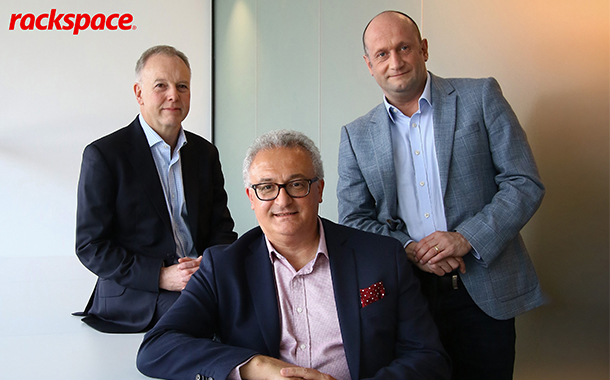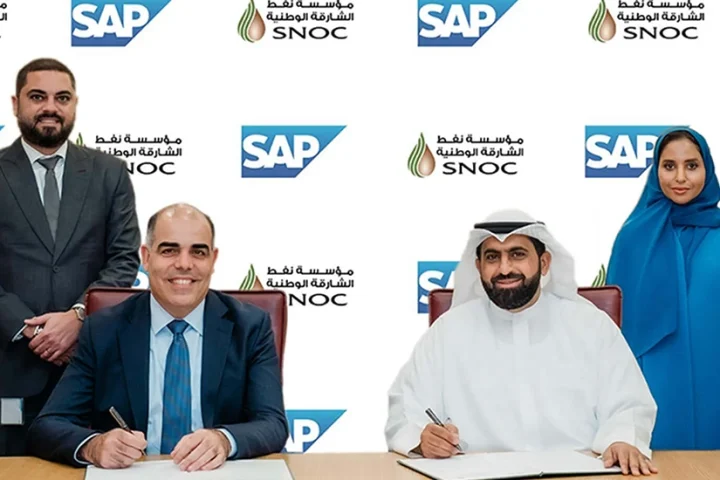Murad Hussein, General Manager, Private Cloud, MEA, Rackspace Technology, on why Middle Eastern organizations are moving workloads to private clouds
Why might organisations choose cloud repatriation in the Middle East? Are the concerns largely to do with cost, security or anything else?
Despite the widespread adoption of public cloud services, many organisations , particularly enterprises in highly regulated sectors such as healthcare, finance, and government, have chosen to move to private cloud environments for certain workloads. While the public cloud can offer easy scalability and cost savings, it comes with potential drawbacks for some workloads, such as data security concerns, regulatory compliance risks and high management costs. In the Middle East, these factors are especially relevant, as many governments, including the UAE and Saudi Arabia, have implemented data sovereignty laws that require sensitive data to be stored locally. This regulatory landscape pushes businesses to move certain workloads to private clouds, where they can ensure compliance with national regulations while also maintaining greater control over security. Additionally, the high costs of public cloud services, including hidden costs such as data egress fees, can drive Middle Eastern organizations to repatriate workloads to private clouds where costs are more predictable and manageable.
What alternative approaches might companies take? Do they tend to head to private cloud infrastructure or take elements back in-house? What are the advantages of this?
When moving workloads from the public to the private cloud, organizations need to consider several factors to ensure optimal placement. For example, when handling sensitive data like healthcare records or financial information, access control, security and privacy become top priorities. Moving these workloads to a private cloud can offer enhanced security measures, ensuring compliance with data protection requirements and reducing potential vulnerabilities. Additionally, hybrid cloud solutions that retain elements of a particular workload within public cloud are part of the repatriation approach.
In the Middle East, many organizations are adopting hybrid cloud approaches. It helps them to retain the scalability and flexibility of the public cloud for less sensitive workloads while moving critical or regulated data to private clouds to meet compliance and security standards. This is particularly appealing in the Middle East due to the region’s focus on data sovereignty, with laws requiring that sensitive data remain within national borders. This balanced approach enables organisations to optimize performance and compliance without fully reverting to on-premises infrastructure.
Are there risks associated with moving away from public clouds? What do organisations need to consider before going down this route?
The decision of where to place workloads should be driven by a thorough understanding of the organisations’ specific workload requirements and the associated security, compliance, and performance needs. Cost profiling also plays a significant part in building a business case for any change. Regardless of a company’s specific IT architecture, successful repatriation requires a thoughtful approach that takes into account how a business wants to access its data, what it needs to protect and how much they are willing to spend.
What would organisations need to have in place if they want to bring elements back in-house, particularly from a security or compliance perspective?
When organisations consider bringing cloud elements back in house, they need to have robust security measures in place to protect them against growing security risks given that for many the risk posture is dynamic in nature. These risks can include zero-day exploits, distributed denial of service attacks (when cybercriminals overload an IT system with a flood of traffic), data leakage (when sensitive information is accessed by unauthorised parties), internal threats (employees with malicious intent) and system vulnerabilities (outdated or unpathed systems can create weak points for attacks to exploit).
To mitigate these threats, organisations should consider regular risk assessments, thorough infrastructure audits, advanced threat detection systems, and comprehensive incident response plans. Additionally, developing a comprehensive data migration strategy, maintaining up-to-date patches, employing strong encryption methods for both storage and transmission, and hiring staff with expertise in managing on-premises infrastructure and security systems is crucial. Often this is re-invigorating previous processes and not starting from scratch and this is an important part of the wider process.
How is this likely to evolve over the next few years in the Middle East? What might be the typical arrangement in a few years’ time?
Reverse workload migrations are likely to increase as more organisations in the Middle East seek cloud-optimized solutions, particularly private cloud setups that offer advantages like lower latency, data sovereignty and high-performance computing. Some of the public cloud providers are evolving their services to accommodate these shifts, recognizing the value of hybrid approaches. However, most businesses aren’t eager to re-establish on-premises data centers or hire staff to maintain the infrastructure. This makes managed private cloud solutions the preferred choice, offering flexibility without the burden of in-house infrastructure.
In the Middle East, cloud repatriation is set to grow as hybrid cloud strategies become more prominent. Companies are increasingly shifting critical workloads to private clouds to meet local data sovereignty laws, achieve better control over sensitive data, and optimize costs. Public cloud providers are responding to this shift by introducing hybrid solutions tailored to regional needs. Over the next few years, managed private cloud offerings are expected to expand, particularly in highly regulated sectors such as finance, healthcare, and government, where data protection and compliance are critical considerations.

























